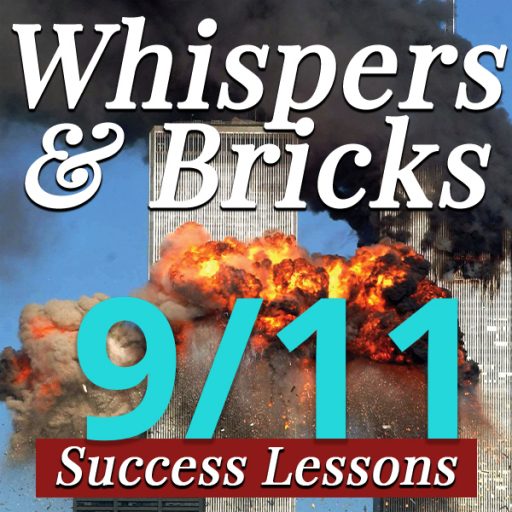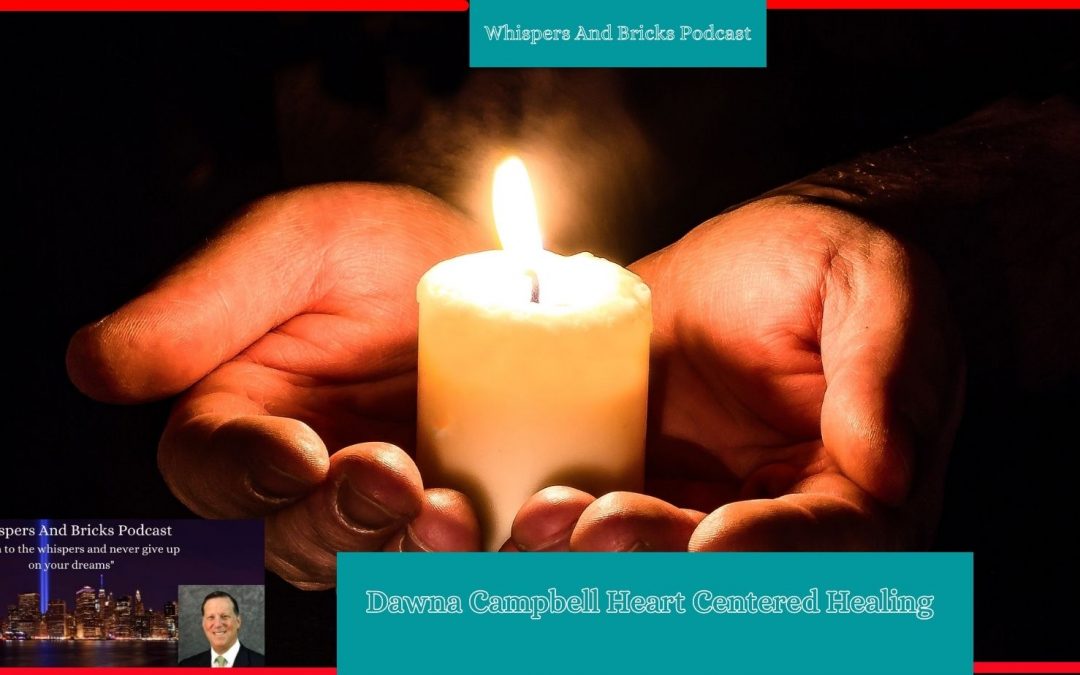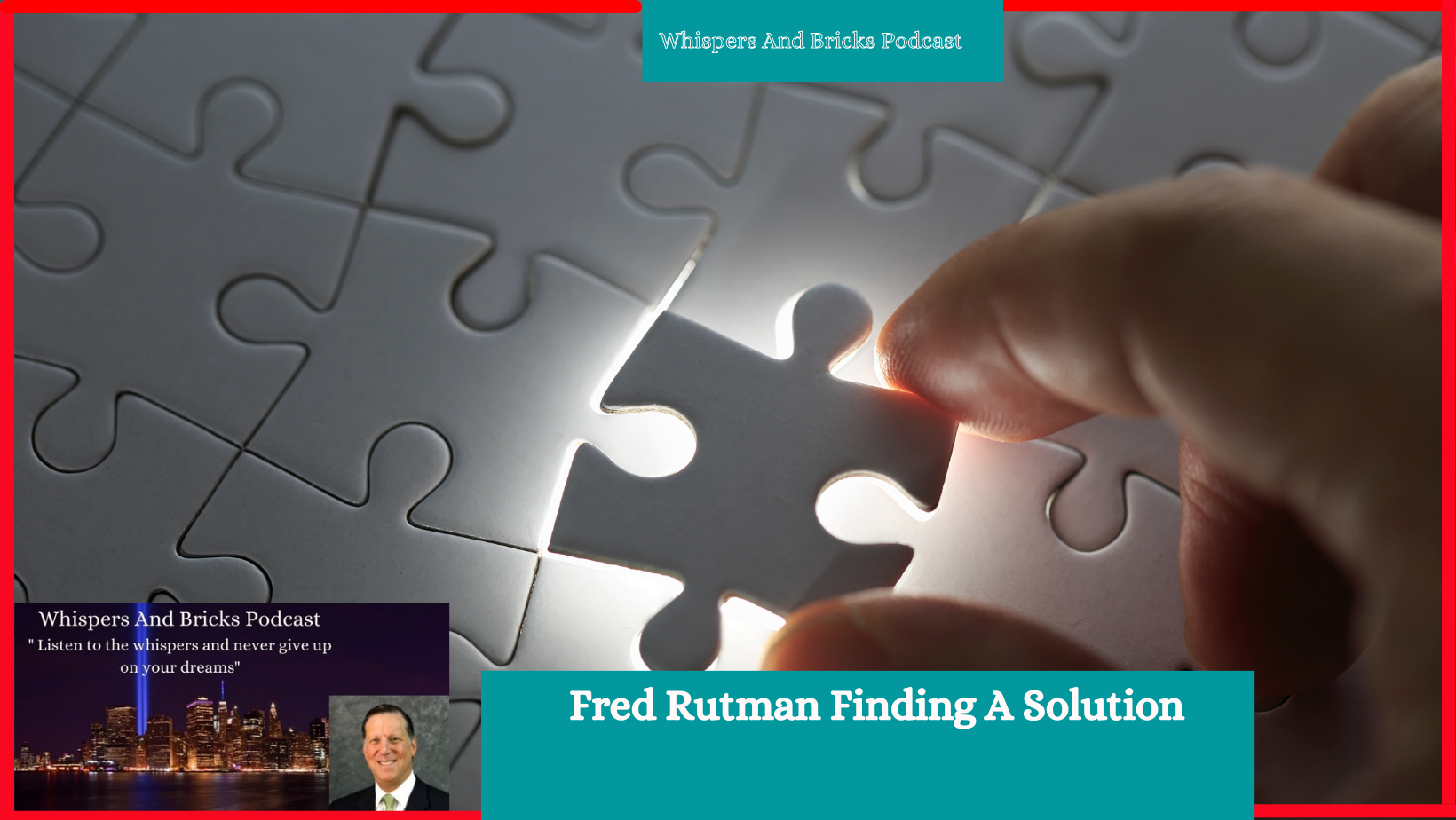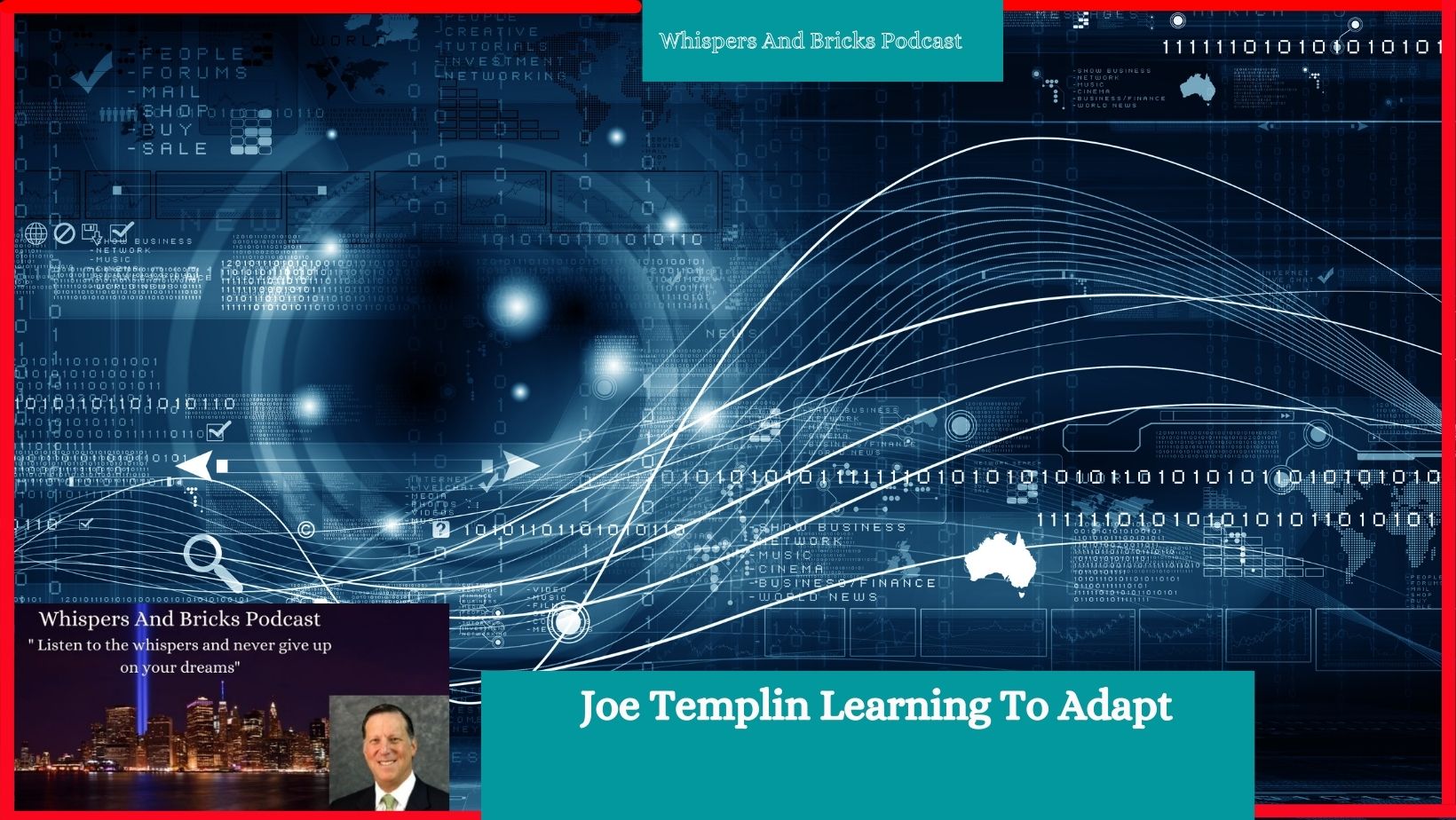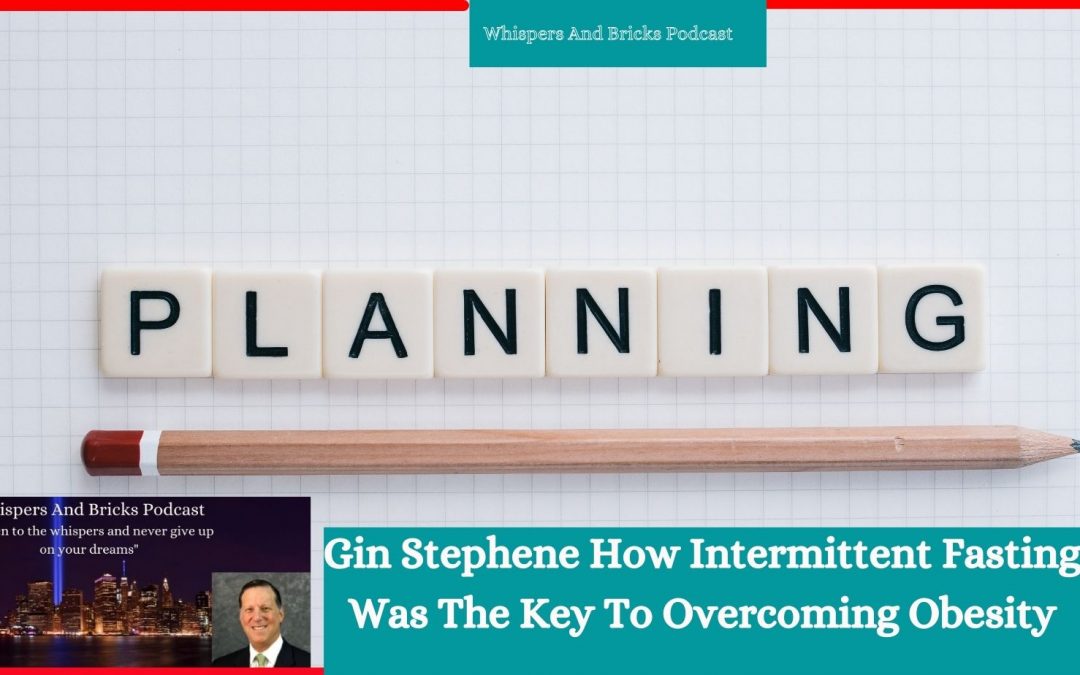
99. Gin Stephene How Intermittent Fasting Was The Key To Overcoming Obesity
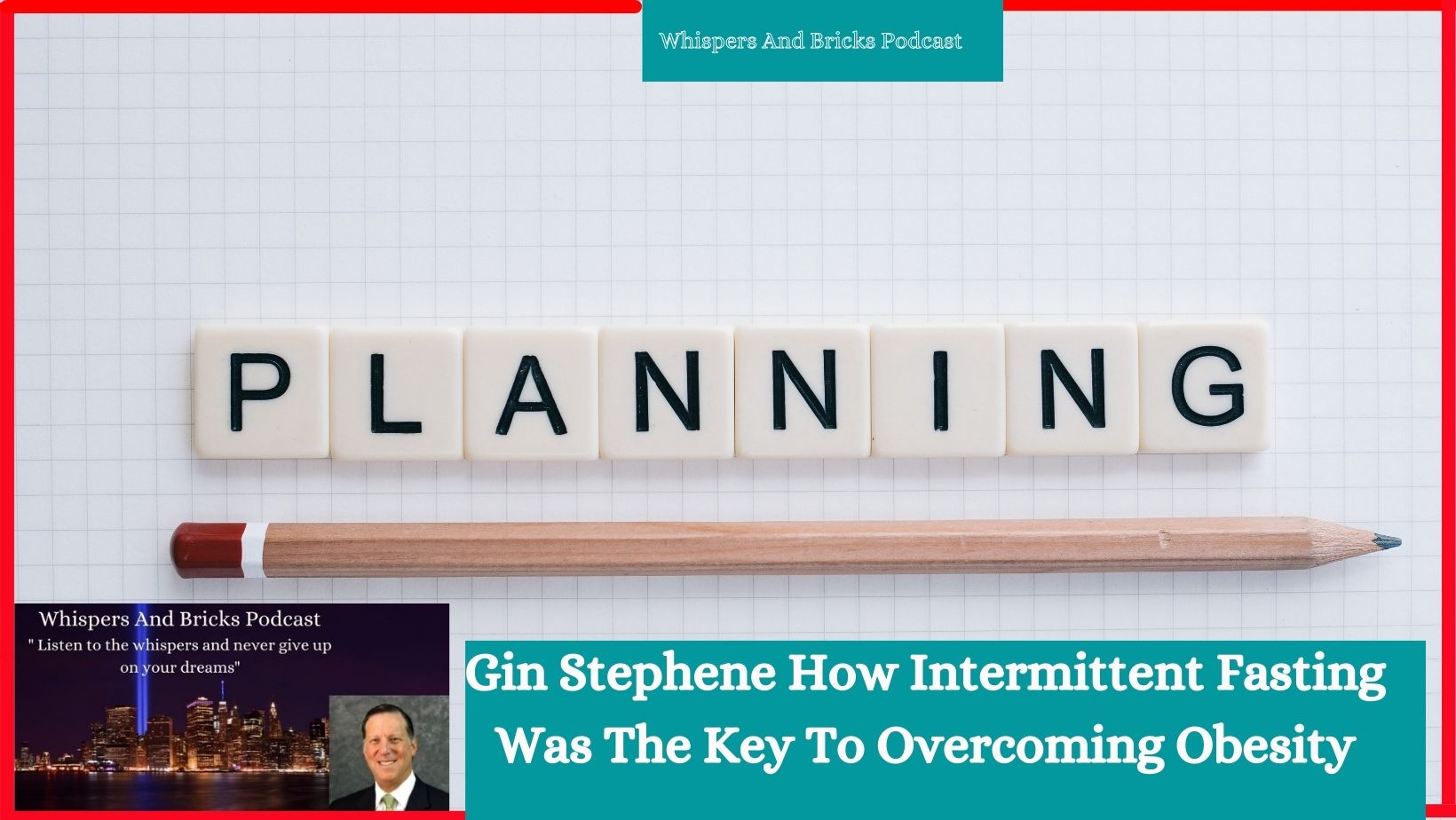
Gin Stephene How Intermittent Fasting Was The Key To Overcoming Obesity
Gin Stephene How Intermittent Fasting Was The Key To Overcoming Obesity
Summary: Gin Stephene struggled with her weight on and off most of her life. She faced the biggest struggle with her weight after the birth of her second child. That is when she decided to try intermittent fasting, which not only helped her lose weight but her overall health. She now helps others learn how to do intermittent fasting the right way to lose weight and improve their health. She is best selling author of two excellent books on intermittent fasting. You won’t want to miss it!
Show notes:
Website https://www.ginstephens.com/
Podcast https://www.intermittentfastingstories.com/
Books https://www.ginstephens.com/get-the-books.html
Ari: Allen’s She’s the host of two top rank podcasts, intermittent fasting stories and life lessons podcast. You can join a private community by going to Gen stephens.com. Forward slash community. Please help me welcome Jen Stevens. Jen, how are you?
Gin: I’m doing great. How are you doing?
Ari: I’m wonderful. Thank you. Thank you so much for coming on the show. You’re probably wondering how and why I got you. And it’s very, very interesting, because I actually had on a guy who is, I don’t want to call him a groupie. But he follows you. And he got into this intermittent fasting, and I was talking to him about it. And he mentioned your name. And he said, oh, you should really contact her and have her on your show. So I went like, okay, great. And that’s exactly why I reached out to you. And that’s why I have you on my show.
Gin: Well, I’m glad Who was the guy?
Ari: Fred Rutman
Gin: Awesome. Yeah, I know, Fred. He’s fabulous. Hello, Fred.
Ari: There you go. There you go. So because because of Fred, you and I are having this conversation today. Now, as you know, the name of the podcast is whispers of bricks, the whispers of those voices telling you what the right thing to do is, and they represent the good in life. Now, the bricks represent the bad things that we go through in life. And we all know that life is not a straight line. There are many ups and downs and many bumps in the road. So what I like to do is, again, I heard it from Fred, but I’d like to hear it straight. A few. I’d like to know what is your story? What were your ups and downs? What were the bricks that you got to hit with that you had to overcome? And how did you do it?
Gin: Well, that is a great question. And I’m going to focus I guess on my weight loss journey, since that’s the what intermittent fasting really has helped me with the most. Basically, you know, I was a skinny teenager, but I had a mother who did a lot of dieting. So I watched her do a lot of dieting. So I was always very diet focused. She was a dance teacher. And then as I went through young adulthood off to college, there there I was suddenly needing to lose a little weight, the freshman 15. So over the years, I dieted I tried one diet than the next diet, but I can always lose the weight quickly, until I started getting older after I had kids. So many people tell the same exact story because it happens to a lot of us. All of a sudden, it feels like one day I woke up and I was obese, I was 210 pounds. Of course, there were a lot of yo Yos along the way, I will gain a little weight, lose some weight, gain more back, lose some of it, you know, and yo yoed my way up all the way to 210 pounds. And on my five, as I said that was obese.
Ari: Wow. Let me ask you something really quick. How many kids do you have?
Gin: I have two boys 22 and 24. But, you know, with with my first I started off, you know, when I when I got pregnant with that first child I was, you know, 123 pounds, I think the day that I went to the doctor’s office and got the official, yes, you’re pregnant. And, you know, when I gave birth, I was 163. It’s funny how we remember those things as well. Those numbers and with the second there, they’re born 18 months apart with a second. Wow. All right, two months apart, I started at a higher weight than I had with the first child. And then by the time I gave birth, I was you know, 180 something somewhere around in there. And, you know, after I didn’t quite bounced back as well. I can remember, you know, having two small kids and I got on the scale one day and I was 163 pounds, and I had the kids and I was like yo, that was my highest weight with the first pregnancy. And I was like I’ve got to do something. So I really started to diet harder and harder at that point. And that was when my weight yo yoed up and up and up. So that that was the hard part for me. Were all those years of trying everything under the sun. And I would lose a little bit like I said, and then my weight would go back up higher than it had before. And I think that’s just a very common story for a lot of us. Until we’ve yo yoed our way up to obesity to our highest weight we’ve ever seen.
Ari: Yeah, wow. Wow. So um, I mean I I’m assuming you tried like all the normal diets, the you know, South Beach and you know the water Atkins.
Gin: Oh my god, you name and I try to if it came out prior to 2014 I haven’t had to try all the ones that came out after that diet that came out prior to 2014. You can bet I tried it. And a lot of the wacky ones too, that people have probably never heard of, you know, I even did like, you know, doctor, prescription diet pills that I got and things things like that. It promised you were going to lose weight quickly. I was trying it. And it did say all those things over promised and under delivered, right?
Ari: Where, where, where do you live?
Gin: We’re we’ve just moved to South Carolina. We’re on the coast of South Carolina. I just came from Augusta, Georgia where I’d lived for a while. But we’ve just moved to South Carolina.
Ari: Really. It’s so funny. And this is kind of off topic a little bit. But you know, my my youngest is moving out of the house. He’s gone. He’s just starting college. So he’s moving out of the house was just me and my wife. We have a big house in Long Island. And I literally said to my wife, you know what? Our house is worth a lot of money. You know, I think I’m done. I think we should just sell the house. And she says, Yeah, we’re gonna move. I said somewhere south, you know, I don’t like how about Savannah, Georgia? Says, Savannah, Georgia. What the heck is in Savannah, Georgia? I said, I don’t know. But I remember I was there on a speaking engagement once. And it was really really pretty, you know,
Gin: beautiful. Yeah. Beautiful part of that part of the state to live in. Yeah, a lot of areas around Savannah.
Ari: So now right, so. So now you move to South Carolina. I’ve heard a lot about South Carolina also. So listen, we’ll after this, we’ll stay in touch you let me know what it’s like down
Gin: below. I love it. We’ve been coming here. I’ve been coming actually to the beach here. Since I was a little girl. So it’s my wife loves the beach. We’re now living on vacation.
Ari: All right. Okay, so let’s move on. So you’ve tried everything, nothing worked. And so did you try? What was it? Oh, and J diet? Never heard of that one. And J diet? guaranteed to lose 20 to 40 pounds in 40 days?
Gin: I’ll give my 90 That’s crazy guarantee. Is there an amputation involved in that?
Ari: I don’t know. Dr. T. Dr. T guaranteed to lose 20 to 40 pounds in 40 days or your money back?
Gin: Yeah, that that is not going to be your healthy long term approach.
Ari: There you go. So why did you do
Gin: so what happened? Well, intermittent fasting. And, you know, I had dabbled in that a few times prior to 2014. But I didn’t really understand how it work. No one really did at that point, because anything that had been written about it just focused on how you do intermittent fasting, and it allows you to eat fewer calories, you’re like eating in a daily eating window or doing alternate daily fasting or whatever it was. But we all thought that it just was because you were eating fewer calories. So I had dabbled in it here and there. But I never really gave it enough time for my body to adjust. So but suddenly now it’s 2014. And I’m highly motivated, because I’m finally I’m obese. And I’ve had, like, I’d never wanted to be across that 200 pound mark. And there I was. So I was highly motivated. And it just felt different. That time I knew I had to make it into a lifestyle. So I still was just kind of, you know, figuring it out as I went because there was like a little bit of information here and a little bit of information there. And at that point, people were on Facebook, and there were Facebook groups. So they were Facebook groups related to you know, dieting, weight loss, whatever you wanted to do. So I joined some different groups, and we were all kind of supporting each other together. But the one thing that was different, right that time in 2014 is that I didn’t quit, I never quit, I kept going. And I also somewhere read about a strategy that I think really helped me stick to it weigh every day, but once a week, calculate your weekly average. And that was really a life changing strategy for me because once a week when I calculated my average weight for the week, I could see that it was trending downward. So you know, you have a lot of fluctuations from day to day. So when you’re just looking at the fluctuations you can think like if if my weight was higher today than it was yesterday, I’m like, Oh no, I’m gaining weight right? Or if I only weigh once a week and my Friday weight was higher than last Friday’s you might think you’re gaining weight, but this time I was weighing Every single day, and then every Friday, I calculated the average weight. And I saw every week my weight was going down. So I had that, that confirmation that this was working, because in the past, I would get on the scale and be higher, I’d be like, this isn’t working, I quit. So I kept. But this time, thanks to that one little tiny difference weighing every day calculating my weekly average seeing that the trend was going down week to week, even though it might only go down point eight, or maybe the next week, it went down 1.2. And then next week, it was point five, whatever it was, and was going down. So the only difference that time for me was that I didn’t quit. And I kept going. And that was that was the powerful change that my initial goal was to lose 75 pounds. And I did and went on to lose a little bit more over the next few years. But it ended up being about 80 pounds down. And I have been maintaining that way, you know, I’m 52 now, and I’ve gone through menopause in the past few years and have maintained the loss within the within my maintenance range never had to buy bigger clothes, never have had to dye it again, just intermittent fasting keeps me right here, in that goal range where I’ve, I’ve been since 2015 When I got there.
Ari: Well, let me ask you something before you found this intermittent fasting, did you ever get to a point where you said to yourself, you know, I can’t do this anymore. You know, I just I totally give up, you know, sat down, you know, sat in front of that bowl of pasta, you know, finish that off and said, I’m just gonna sit here and eat until I die.
GIn: You know, there was a point like that. And, you know, I was reading a lot of stuff about intuitive eating, which always resonated with me, because I didn’t want to have to count and track and diet and all that I just wanted to be able to eat, stop when I’ve had enough. And that was it. So intuitive eating really resonated with me. And you read all the books, and they’re like, don’t weigh just eat when you when you’re hungry, stop when you’ve had enough. And they all promised that it would be easy. And if I just stop, it would all fall into place. So I was like, that’s what I’m gonna do, because I’m so tired of dieting. So that was when I really gained the most weight. Because back in those days, I was so out of touch with my hunger and satiety signals. If I asked myself, are you hungry? The answer was always yes. And, and if I asked myself, if I’d had enough, I could I just really couldn’t tell. So I just could not tune into those natural signals. And it was when I finally got back on that scale in 2014, that I realized I had gone all the way up to 210 pounds. And I was like, well, this I kind of just given up and thought I’m tired of trying so hard. But then I was like, you know, I can do it. I know I can you know, I had a doctorate at that point and gifted education. I was a teacher. I was like, I’m very successful in my life. I’m a smart person, why is this so hard for me? And I was like, I just am not ready to give up. And I’m so glad I tried one more time. You know, what’s the saying fall down seven times get up eight? Yeah, absolutely. No, I got up that last time. And that one, like I said, that weighing strategy that helped me see that it was working. You know, I have to honestly say I think that period of time really 2000 to 2012 to 2014 is when I kind of just like I said mostly gave up and gained a lot of weight. And I think that that might have actually repaired my metabolism in a way because I’ve done a lot of low calorie dieting, and the diet pills and all the crazy dieting. But all those years of just really giving up my body realized, well, you know, we’re not in danger of starving. You know, because if you do a lot of dieting, it can slow your metabolism. So I like to think of those years where I gave up and got to be 210 pounds is like a metabolic repair period of time in my life. So when I really started with intermittent fasting and 2014 It’s like my body was ready. Right?
Ari: Let me ask you something, who’s the one person that you can point to? That you would say had the most influence in your life and why?
Gin: In general? Gosh, that’s tough. Because I’m really collector of of influence from a lot of different people. I’m not sure if I could just say one I’ve never thought about who was the one person you know, I feel like I learned this here and I learned this there and this person taught me this and this so it’s really just been you know, like they say it takes a village I’ve really just to raise a child well it takes a village to be me. You know I’m there’s so many people that have influenced me along the way with just different pieces here and there.
Ari: Are you married?
Gin: I am married. I’ve been married to my husband since 1991.
Ari: Wow. Wow,
Gin: we were babies we got here. Yeah,
Ari: absolutely. Absolutely. Wow. So I would imagine that, you know, that would have been one of them who had influence in your life. I mean, how is the lately? Like, how did he deal with it? You know, is, you know, was he? Was he upset about it? Was he? Well,
Gin: I will say there was a hurtful comment at one point along the way, when he said, you know, you’re really packing on the way, I don’t really find all that attractive. I mean, he was honest with me, you know, we’ve been married for a long time. And, and it was, it was hard to hear. And, you know, it didn’t feel great. You know, some women are like, my husband has loved me no matter what size I am. And of course, he loved me. And whatever size I was, yeah, you know, I didn’t feel really good about myself at that time, either. And that probably came through, right, and my whole adult, my whole way of being, it was just so hard. I didn’t feel good in my body. And he could, he could tell, but, you know, I didn’t didn’t gain the weight because of him. And I didn’t lose the weight for him. So it didn’t feel great to hear that, you know, interesting way. But that wasn’t when I lost the way that was along the way, when I was gaining. And, and again, I think we’ve all been told, a lot of things that are not true about weight gain and weight loss, you know, we’ve taught we’ve been taught, oh, it’s all about calories in calories out. And if you’re not successful, it’s because you’re not trying hard enough. And so the hard part was, I was trying really hard. I was trying as hard as I could. And you know, I’ve talked to on my podcast, and and now hundreds of intermittent fasters. And any of us that have struggled with our weight, you know, we’re made to feel by society, that we’re just not trying very hard, we must be lying about what we’re eating, you know, there were gluttons of some sort, or do better if we tried harder. But we have tried so hard. And you know, my husband has natural naturally been, he’s one of those people that he’s just naturally thin. Or people like that. They genuinely don’t understand the struggle he hadn’t had to try. You know, yeah, and I understand that, and I don’t fault him for it. But if you’ve never had to try, then then you don’t understand that there’s a lot going on in the body, for example, it’s not just about what you’re putting in, it’s what your body does with it. You know, it’s what your level of insulin resistance is, for example, what how your hormones are working. So it’s all very, very complicated. The good news is intermittent fasting does reconnect us with our hunger and satiety signals. It does help us lower our insulin, it, it reverses all of those issues with metabolic syndrome that are so prevalent today. And so many positive things go on in the background, that it really changes the way your body works in a way that it’s almost like a reset back to how it was supposed to be. Before we messed it all up. Do you have any siblings? I do I have a sister and two brothers.
Ari: And are they are they obese? Are they normal? Are they
Gin: it’s interesting to say we’re all we’re all different. All four of us are different. And three of us struggle with our weight. And my my younger brother, though the youngest of the four, he is like on the opposite end of the spectrum. He is like skinny as a rail, and cannot gain weight no matter how hard he tries or how much he eats. And he’s got an absolute terrible diet, and drinks energy drinks all day and eats whatever he wants and is like so skinny, and then the other three of us have struggled more. So one of my brothers, my brother, I’m the oldest of the four but my older of my two brothers actually does intermittent fasting. And it helped him to get back to his ideal weight and he loves living that way. Right?
Ari: I’m assuming that, you know, throughout your years, you’ve been to the doctor for you know, well checkups, like you know, what was going on with him. What was he, you know, was Was he in that camp of like, Jen, you know, you know, I
Gin: mean, they were very happy to give me diet pills along the way, you know, I don’t doctors anymore. The diet pills. And I’m actually within this we just moved. We’re getting our health care all situated. I’m going to look really hard for a good doctor. But I’m around here. It’s tough. Gotta find a new one. But, you know, those doctors, a couple of them a couple of doctors were just perfectly happy to prescribe me diet pills. Because and I’m not faulting them, because doctors do not unless they actually go out and educate themselves. They hear the same bad information that we’ve heard and unless they’ve really dug in and, you know, done a lot of reading and research, most doctors do believe the same things I talked about before that it’s calories in calories out. And you know, the ones who have struggled with their weight and I’ve talked to a good number of doctors on my podcast, intermittent fasting stories, and some of them admit that they were struggling in the diet advice they gave their patients what Morgan for their patients, but it also didn’t work for them. And so when they, when they finally understood the power of intermittent fasting, how it lowers our insulin levels, for example, you know, you’ve heard of insulin, we’ve all heard of it through the lens of diabetes, right type one diabetics, you know, need organs, because they don’t make enough. You know, type two diabetics eventually have to start taking insulin. But what people don’t realize is, insulin is a storage hormone. And if you’ve got really high levels of fasting insulin, like your, I mean, your insulin is always high all the time. If you have insulin resistance, like if your waist circumference is high, that’s a sign you probably have insulin resistance, your body is pretty much trapped in storage mode, it’s really hard to tap into your fat stores, if your insulin levels are high, because like it like the insulin like tells your body to keep it all locked away. So if someone has insulin resistance, high levels of insulin, it’s very, very difficult to lose weight.
Ari: Wow. Okay, before we go. Is there anything that you that you would like to share with my audience before we go any words of wisdom, you know, some of the some takeaway that they can have?
Gin: Well, I would like to tell talk to the audience about intermittent fasting if they’ve tried it before or dabbled in it and think it doesn’t work for them. There are some things that, you know, when I when I wrote fast feast, repeat, which is my New York Times bestseller, I had had several years, working with Facebook support groups that I ran, and I learned a lot of things along the way. You know, why is it not just calories in calories out? Where do we go wrong? You know, well, what, what keeps us from finding success? So anybody who’s listening who said, Well, I tried intermittent fasting, it didn’t work for me. I know a couple of mistakes you probably made. One of them was you probably weren’t fasting.
